Running a dairy farm can be a highly rewarding way to earn a living. Owners have the opportunity to interact with beautiful animals every day and provide a loving home for them.
At the same time, of course, owning cows presents an opportunity for people to take advantage of the wonderful foodstuffs they produce, like milk and cheese.
Dairy farm operators are forever on the hunt for new ways to make their farms more efficient, as doing so can yield impressive profits.
It can also serve to help employees enjoy their jobs more while creating a happy, satisfied customer base pleased at being able to purchase the high quality items they need from a reliable source. The following are a few, among many, ways to boost dairy farm profits.
Improving Equipment
A well-run dairy farm depends on many factors. One of the most important is using the right kind of equipment. Quality equipment is similar to a right hand man. A good one will ease the job and facilitate smooth operations.
Many farmers have basic equipment in place but,these crucial tools can quickly become outdated, potentially leading to stalled profits and possible quality issues.
These days one of the most important steps any dairy farmer can take to boost their profits is invest in new equipment. While it may be new to you, does not mean it needs to be fresh off the production line.
Often, the latest year’s equipment can be found lightly used for a highly discounted price. Alternatively, equipment leasing is another way to get new equipment without significantly cutting into the yearly budget.
Technological progress has led to remarkable improvements in the field of farming. A careful, well-considered investment in new equipment should result in greater yields, increased profitability and higher sanitary standards.
Creating a Budget
One key rule every dairy farmer needs to follow is creating a working budget. Many farmers have a basic understanding of their overall expenses but lack a detailed list of how it all adds up on a daily, weekly and monthly basis.
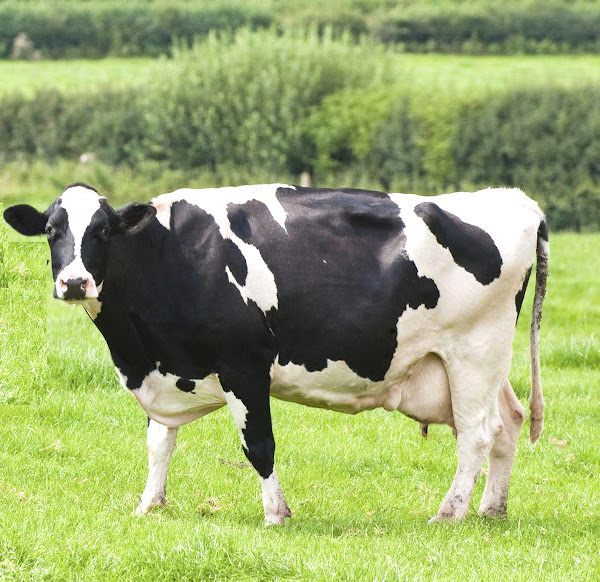
This is where a close examination of the money flowing in and out provides the kind of data they need to make crucial decisions. All farmers should have a perfect comprehension of what their basic expenses are along with how much profit they’re earning. Doing so enables them to see where costs can be cut and where those funds might be better invested.
Perform An Audit
Each cow in any given herd will produce a certain amount of milk per day and farmers should be aware of exactly how much and why it’s the amount that it is. An audit will do this.
Cows can differ in the quantity of milk they produce at certain times of the year. A cow may produce more milk one week and less the next.
An audit will help the farmer identify how much each cow produces over the course of a set period. Multiple factors go into milk production per cow. This includes specifics such as reproductive and health issues that may impact a cow’s ability to make milk.
A close examination of such issues can help farmers identify where things are working, as well as better determine which specific areas need to be addressed in order to ramp up the annual production of each sow in the herd.
Assessing Health Issues
All dairy farm owners face the challenge of operating under specific laws. These laws are important, confirming every product that reaches a customer’s table is safe to consume. They also protect the health and welfare of the animals by mandating they have acceptable living conditions.
Outside of the obvious ethical concerns, animals who are kept in less than ideal conditions may not produce as much milk. All farm animals need constant access to high quality drinking water free from debris.
They should also be fed the highest quality foods at all times. Animals that are properly fed and hydrated tend to avoid the sort of health conditions that reduce milk production, such as fatty liver and acidosis.
Higher Quality Product Equals Bigger Payout
These days many people are conscious of the issues surrounding factory farms and best animal welfare practices and are willing to pay more for ethically-sourced high quality ingredients. They want fresh, organic milk, as do the many companies that use milk in their products, like cheese and ice cream.
A farmer who can offer high quality milk is one who can negotiate a better contract. Try to speak with the people who are consuming the products. Farmers who can demonstrate they meet quality quotas are farmers who can ultimately negotiate more favorable contracts for themselves.
The Greener The Grass, The Higher The Profits
Many farmers manage their own grass fields. This means providing the right kind of grass for their herds. Proper management of the fields will yield better quality grass, and in turn, higher profits from cows that are producing more milk.
All grazing fields should be kept in top shape with the right kind of landscaping. The same is true of specifics like fertilizer, which also helps to increase yields and lower costs. Fields should be put into rotation and removed as needed.

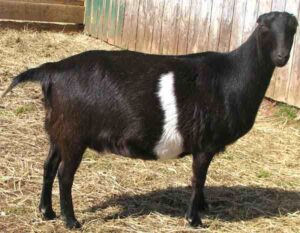


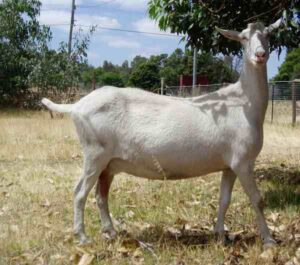
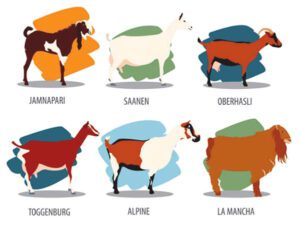
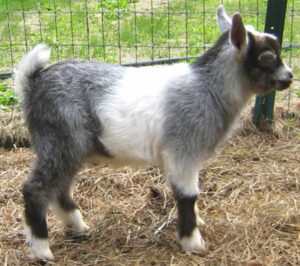
This is so interesting. keep it up. Thank you so much for sharing this blogs.